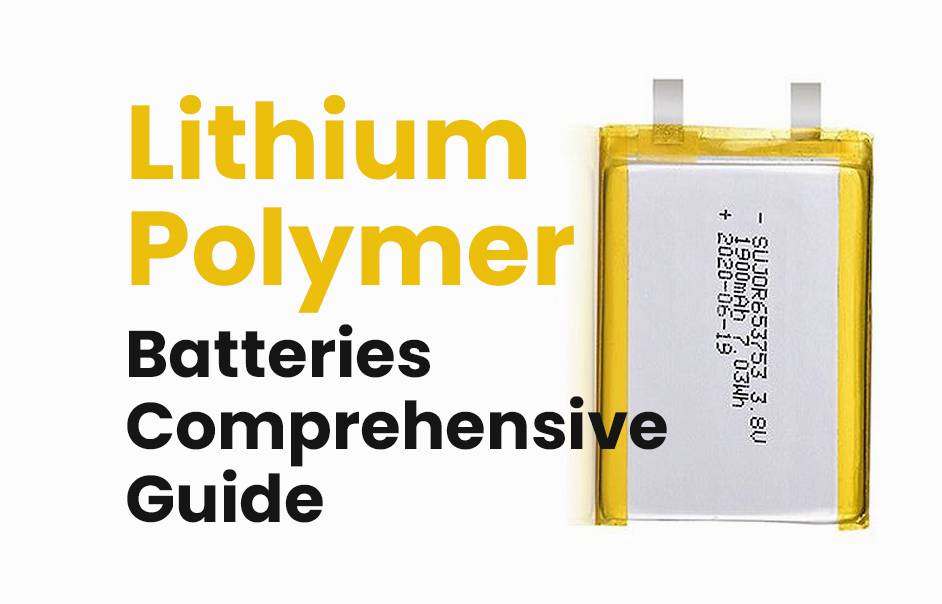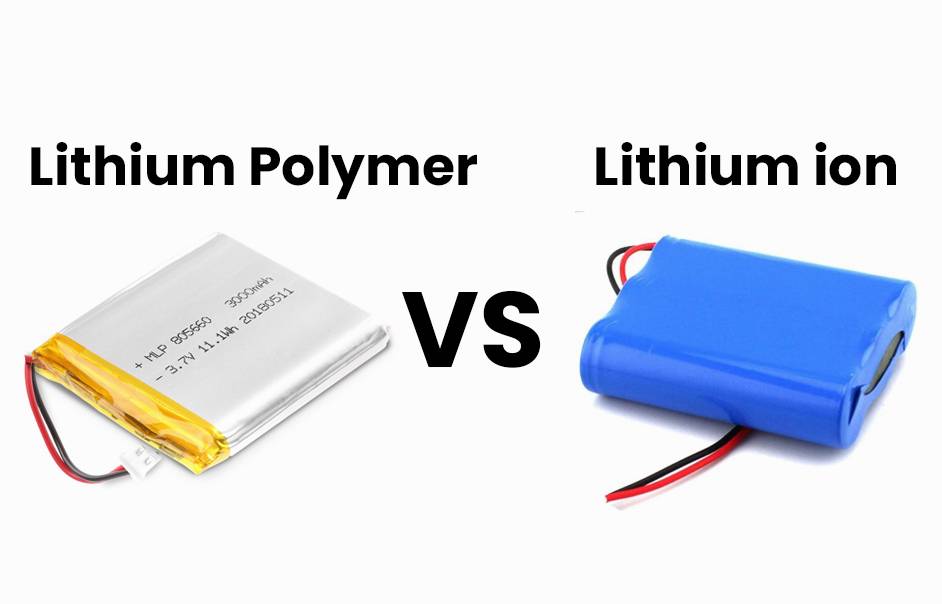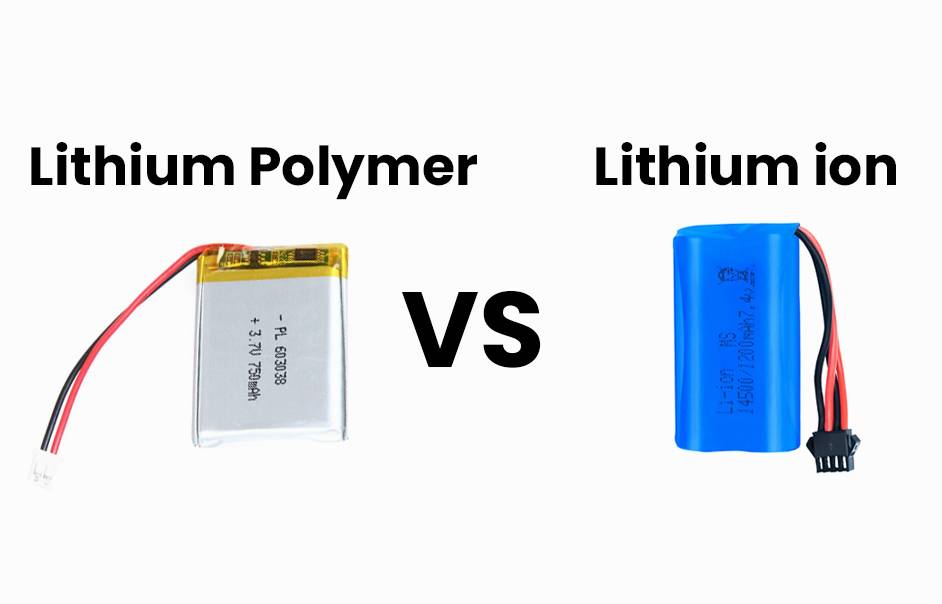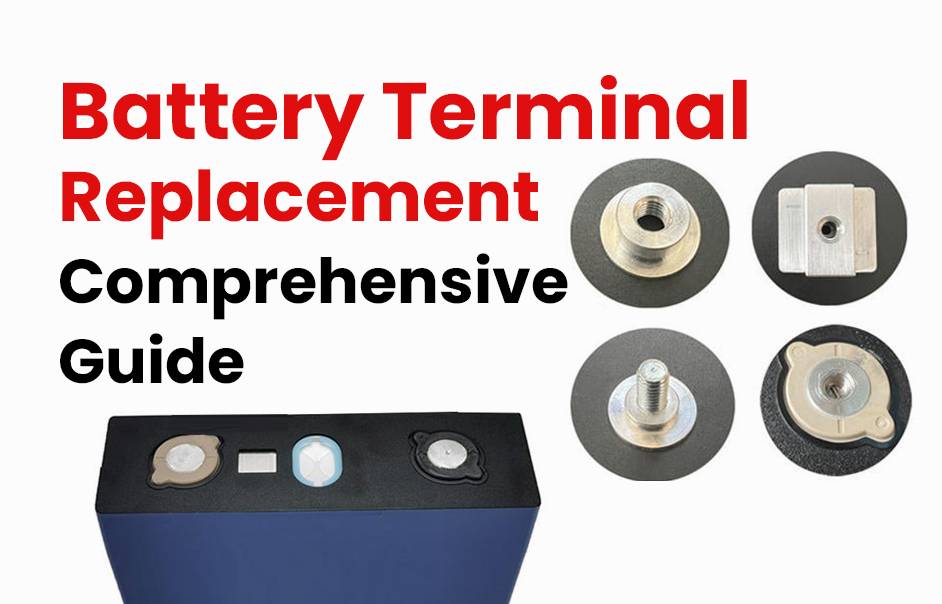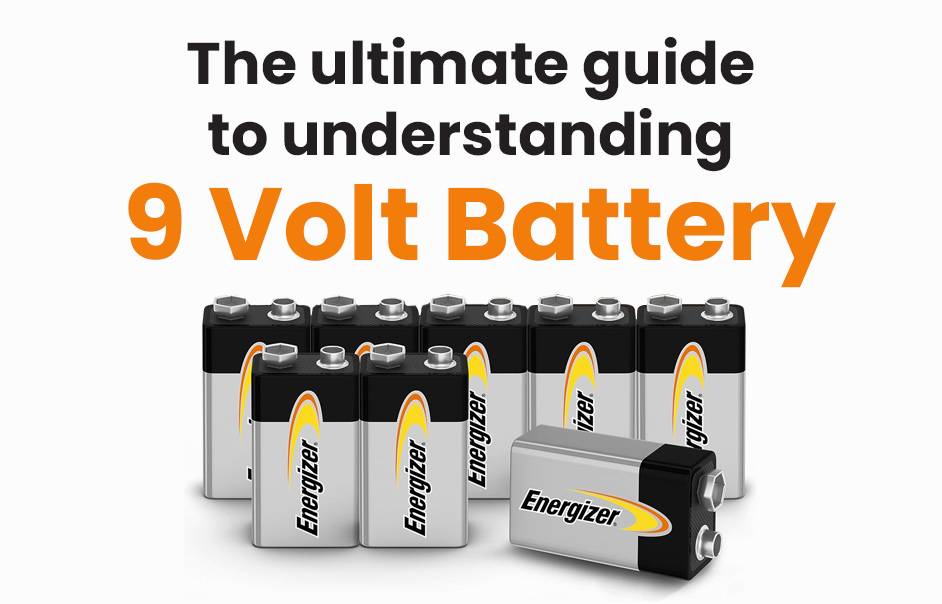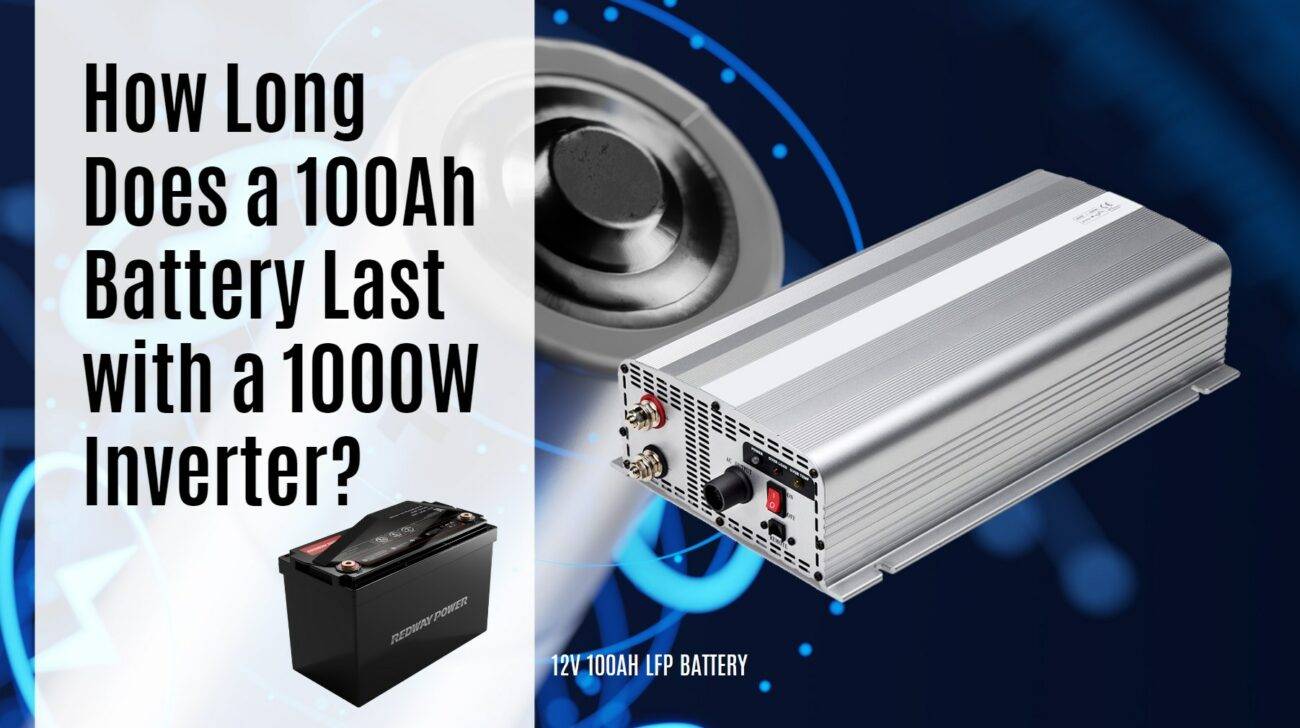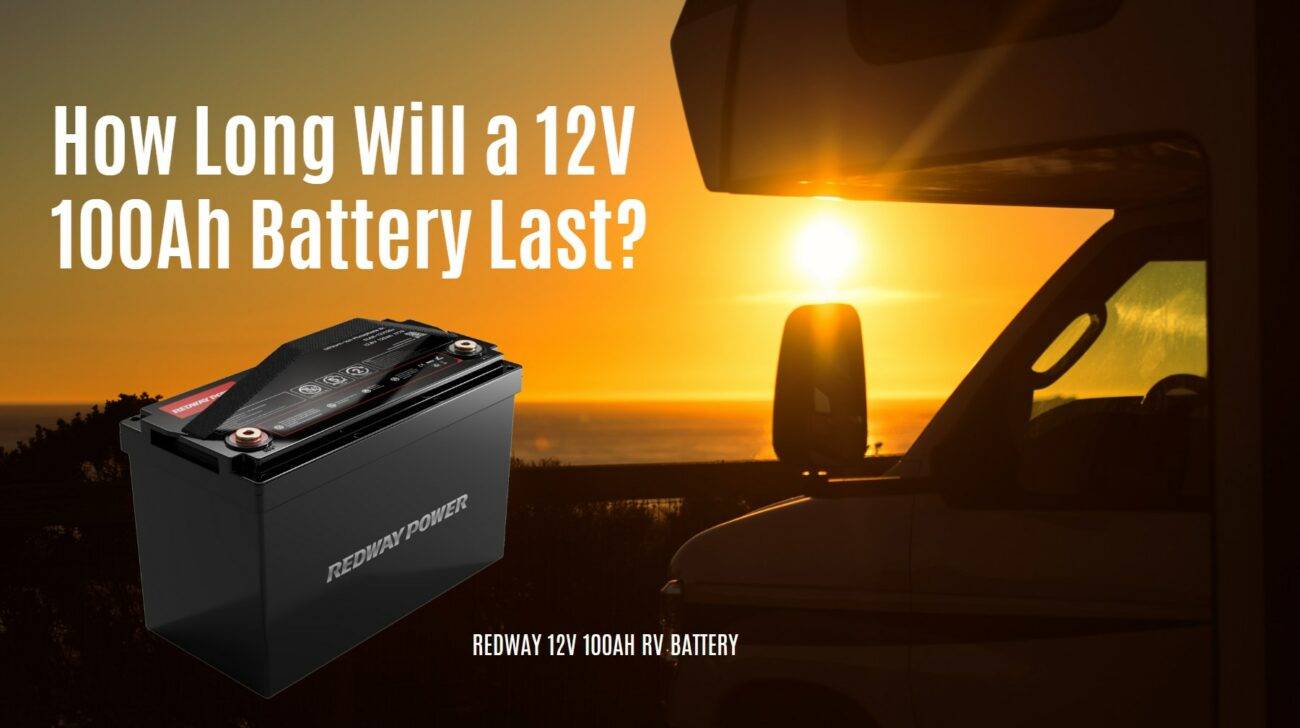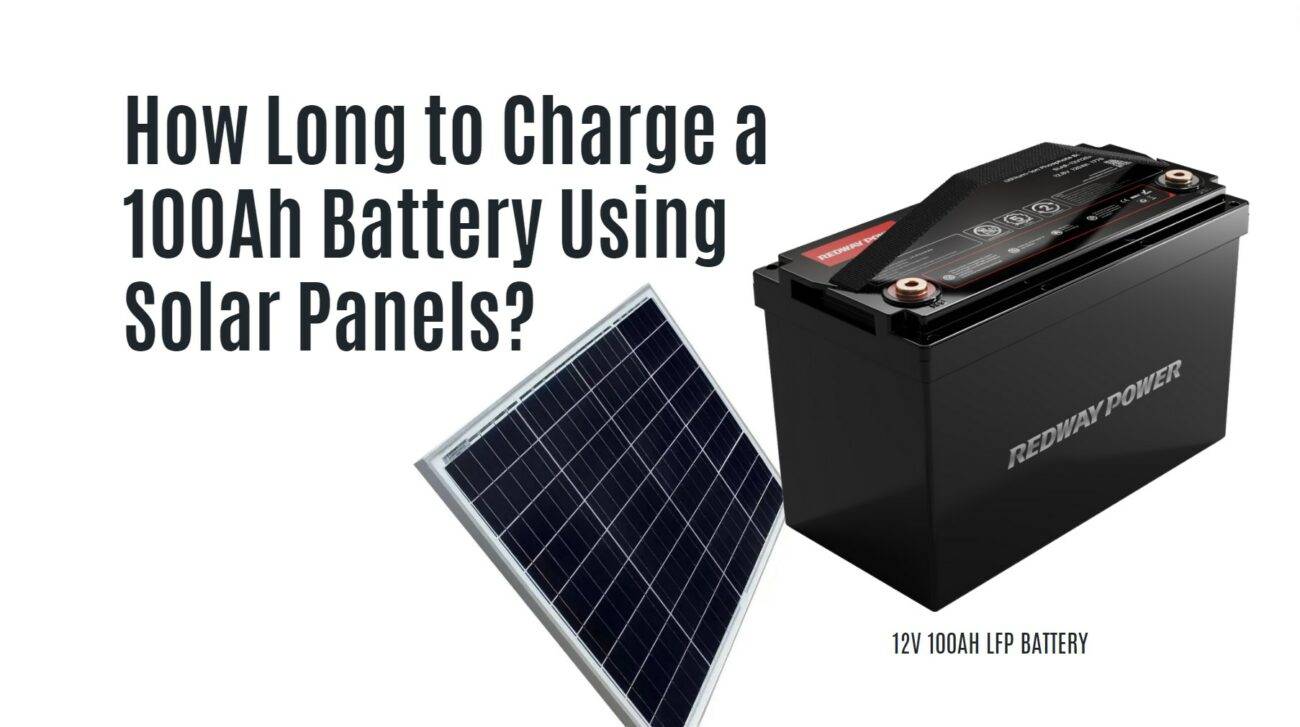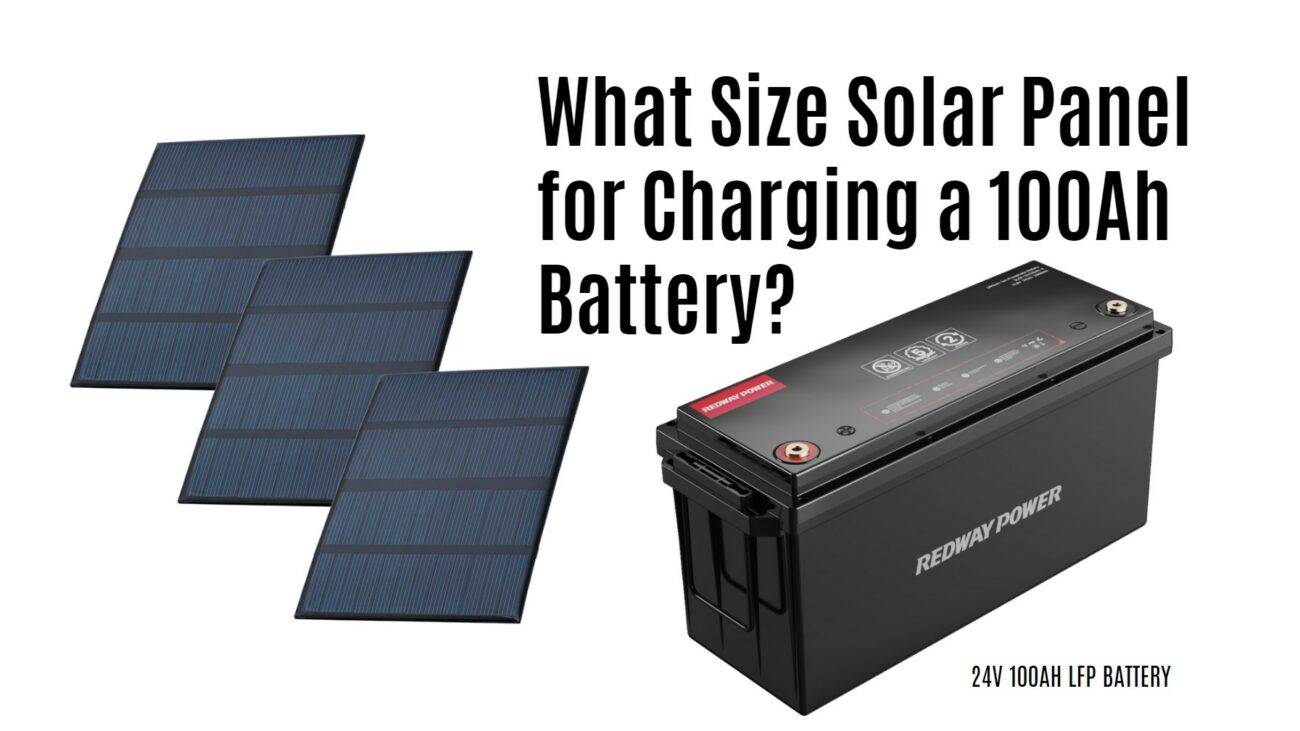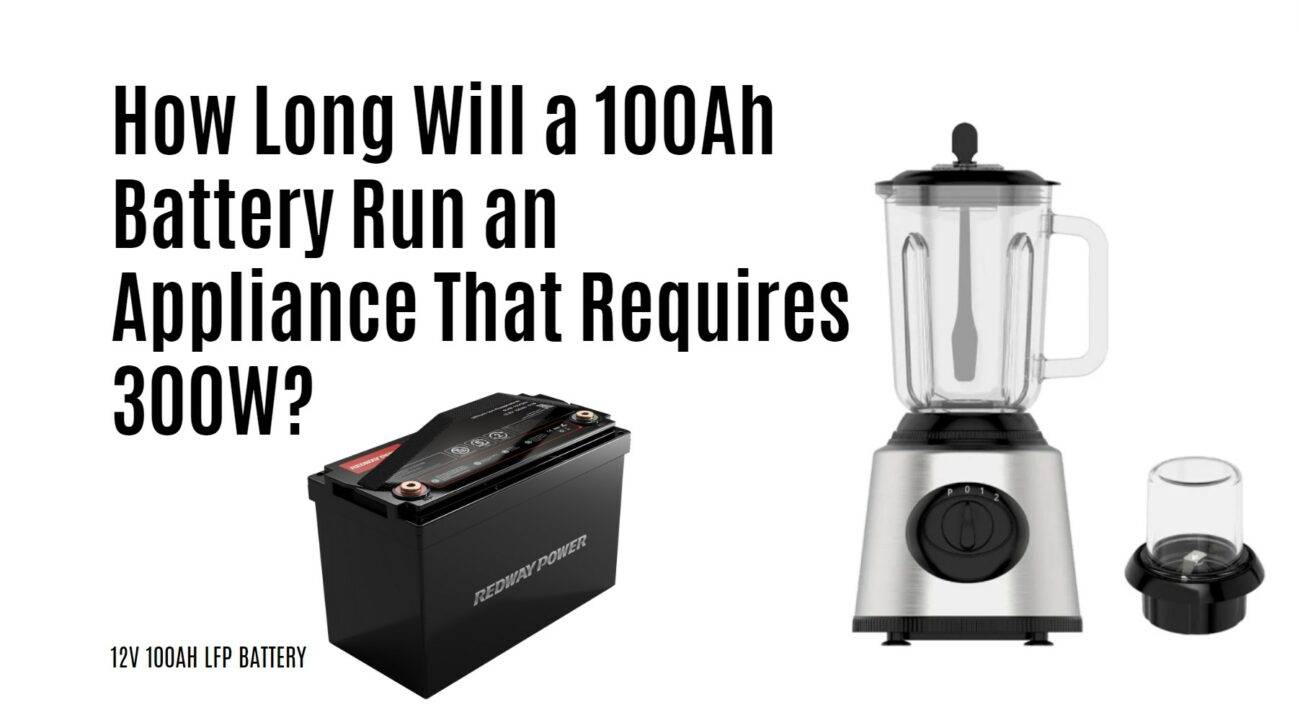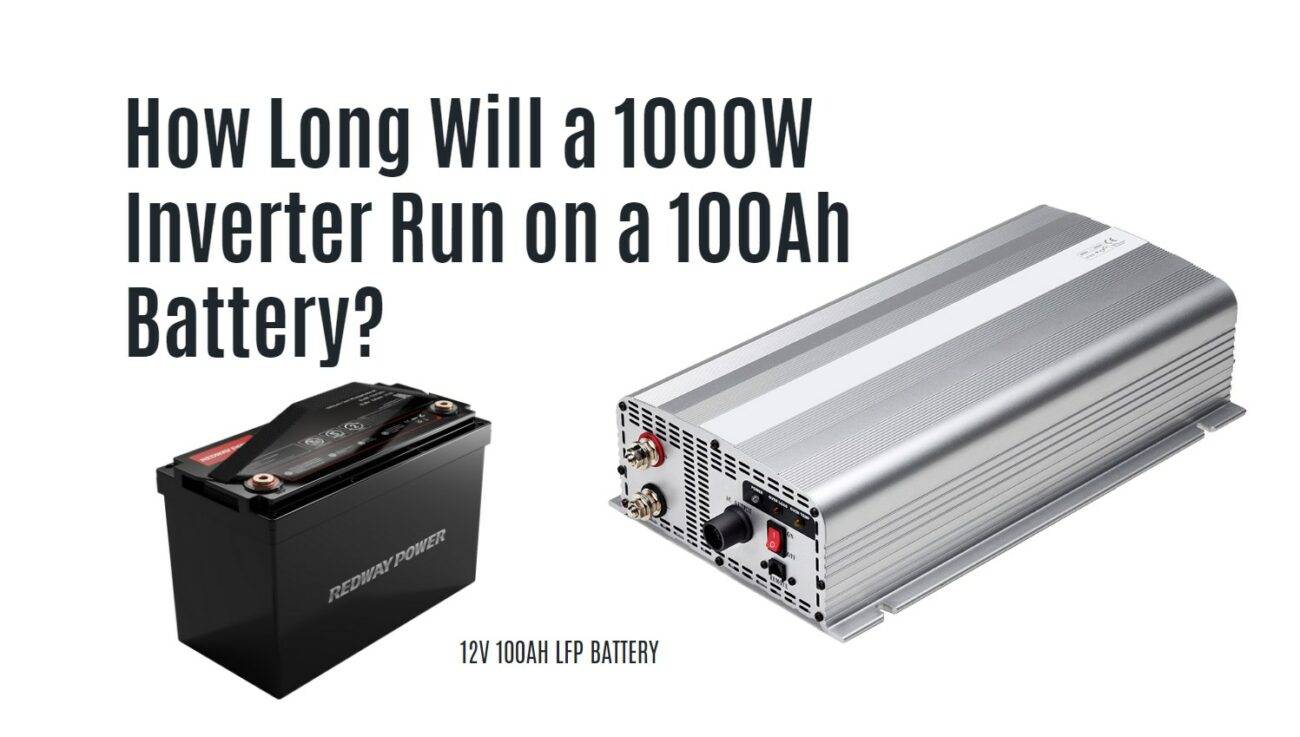
Blog
How Many Units Are Required to Charge a 100Ah Battery?

To charge a 100Ah battery, you typically need around 100 to 120 units (or watt-hours) of energy, depending on the battery’s state of charge and charger efficiency. This estimate assumes an average charging efficiency of about 80%, which is common for most battery systems.
What is the Charging Capacity of a 100Ah Battery?
A 100Ah battery has the capacity to deliver 100 amps for one hour or any equivalent combination (e.g., 10 amps for 10 hours). The total energy capacity can be calculated in watt-hours (Wh) by multiplying the amp-hour rating by the voltage:
For a standard 12V battery:
This means that to fully charge a completely depleted 100Ah battery, you would need approximately 1200 watt-hours.
| Battery Rating | Voltage | Total Energy Capacity |
|---|---|---|
| 100 Ah | 12 V | 1200 Wh |
How Does Charger Output Affect Charging Time?
The output current of your charger significantly impacts how quickly you can charge your battery:
- 10A Charger: Takes approximately 10-12 hours to fully charge from empty.
- 20A Charger: Can fully charge it in about 5-6 hours.
- 30A Charger: Allows charging in roughly 3-4 hours, but may risk overheating if not monitored.
Using a higher amperage charger reduces charging time but could affect battery longevity if not managed properly.
| Charger Output | Estimated Time to Charge |
|---|---|
| 10A | 10-12 hours |
| 20A | 5-6 hours |
| 30A | 3-4 hours |
What Factors Influence the Number of Units Needed?
Several factors can influence how many units are required to charge a 100Ah battery:
- State of Charge: If the battery is partially charged, fewer units will be needed.
- Charger Efficiency: Most chargers operate at around 80% efficiency, meaning some energy is lost during charging.
- Temperature Conditions: Higher temperatures can lead to increased charging efficiency, while colder conditions may reduce it.
Considering these factors helps in accurately estimating energy needs.
How to Calculate the Total Units Required for Charging?
To calculate the total units required to charge a 100Ah battery, use this formula:
Assuming an efficiency of 80%:
This means you would need approximately 1500 watt-hours or units of energy to fully charge a completely depleted battery.
What Are the Best Practices for Charging a 100Ah Battery?
To ensure efficient and safe charging of your battery, consider these best practices:
- Use a charger that matches your battery type and capacity.
- Monitor charging temperatures to prevent overheating.
- Avoid frequent deep discharges; aim to recharge when at least above 50% capacity.
- Regularly inspect and maintain connections and terminals.
Implementing these practices can enhance overall performance and prolong battery life.
How Does Battery Type Affect Charging Requirements?
Different types of batteries have varying charging requirements:
- Lead-Acid Batteries: Generally require slower charging rates (10% – 20% of Ah rating).
- Lithium-Ion Batteries: Can handle faster charging rates (up to 50% of Ah rating) without significant risk of damage.
Understanding these differences is crucial when selecting chargers and determining charging times.
What Are Alternative Solutions for Charging a 100Ah Battery?
For those seeking alternatives or enhancements in their charging setups, consider:
- Solar panels: A solar system can provide renewable energy, allowing for off-grid charging options.
- Higher-capacity chargers: Upgrading to more efficient chargers can reduce overall charging time.
- Products from Redway Power, which offers high-performance lithium batteries and chargers tailored for various applications.
Tips for Battery Wholesale Buyers
When purchasing lithium-ion batteries wholesale, consider these key points:
- Assess supplier reliability; look for manufacturers with proven track records like Redway Power, known for its expertise in lithium technology.
- Ensure compliance with safety standards and certifications.
- Understand OEM processes; establish clear communication regarding specifications and order quantities.
Choosing a reputable manufacturer ensures quality products that meet your expectations.
Redway Power Expert Views
“Understanding how many units are required to charge batteries is essential for efficient energy management,” states an expert from Redway Power. “With over thirteen years in manufacturing lithium-ion batteries, we focus on delivering reliable products that cater to modern energy demands while ensuring safety.”
FAQ Section
- How many units do I need to fully charge a completely depleted 100Ah battery?
You would need approximately 1500 watt-hours or units due to charger efficiency losses. - What charger should I use for my 100Ah battery?
A charger rated between 10A and 30A is recommended, depending on how quickly you want to charge it. - Can I use any charger with my lithium-ion battery?
No, always use chargers specifically designed for lithium-ion batteries to avoid damage due to incorrect voltage or current levels. - How often should I check my battery’s condition?
Regular checks every few weeks are recommended, especially before long-term storage or heavy use periods. - What alternatives exist if I need more efficient charging options?
Consider solar panels or high-capacity chargers that match your specific battery type and requirements.





